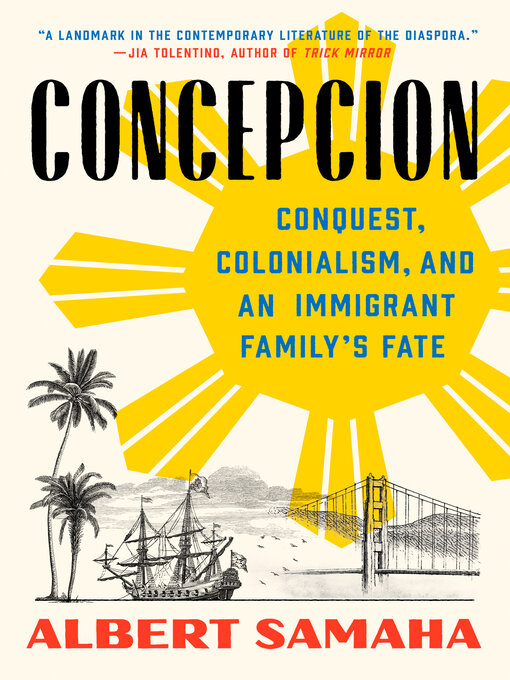- Available now
- New E-book Additions
- New kids and teen additions
- Most popular
- Best of the Library Writers Project
- Black Pacific Northwest Collection
- Manga from VIZ Media
- Ukrainian e-books
- See all ebooks collections
- New Audiobook Additions
- Most popular
- Available now
- New kids and teen additions
- LGBTQ Young Adult Audiobooks
- Family-Friendly Audiobooks 🎧
- Always Available Audiobooks
- Audiobooks Read by Celebrities
- See all audiobooks collections




